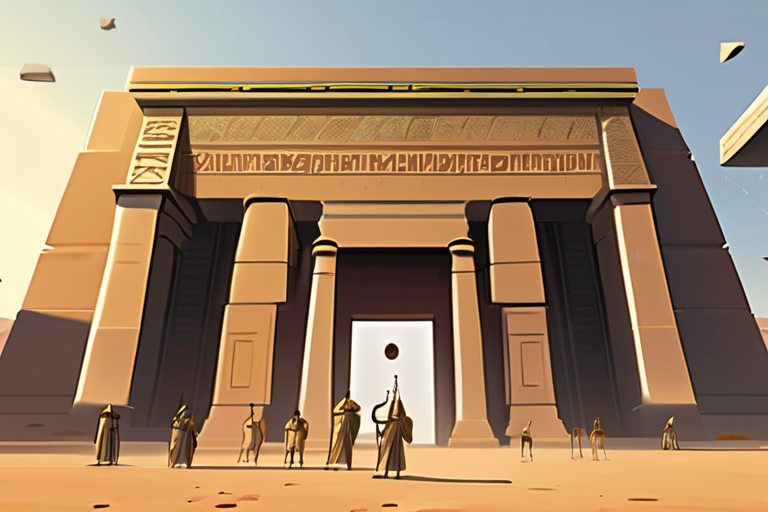
Multi-Source Journalism
This article synthesizes reporting from multiple credible news sources to provide comprehensive, balanced coverage.

Multi-Source Journalism
This article synthesizes reporting from multiple credible news sources to provide comprehensive, balanced coverage.
Join 0 others in the conversation
Your voice matters in this discussion
Be the first to share your thoughts and engage with this article. Your perspective matters!
Discover articles from our community

 Hoppi
Hoppi

 Hoppi
Hoppi

 Hoppi
Hoppi

 Hoppi
Hoppi

 Hoppi
Hoppi

 Hoppi
Hoppi

Meta Business Account Holders Warned of Fake Browser Extensions Threat A new wave of cyber attacks targeting Facebook Business and …

Hoppi

Why Rent a Cloud When You Can Build One? Imagine having the power to create your own private cloud environment, …

Hoppi

Understanding the Issue: The DeSci Project Aubrai's launch to tackle science funding's 'Valley of Death' represents a poignant human experience …

Hoppi

Brazilians Celebrate Bolsonaro Conviction as Thousands Take to the Streets RIO DE JANEIRO, BRAZIL - Thousands of Brazilians took to …

Hoppi

3,000 Years of Secrets Hidden Beneath Egypt's Greatest Temple A groundbreaking geoarchaeological study has shed new light on the ancient …

Hoppi

By Larisha Paul Larisha Paul Contact Larisha Paul on X View all posts by Larisha Paul September 4, 2025 Sydney …

Hoppi